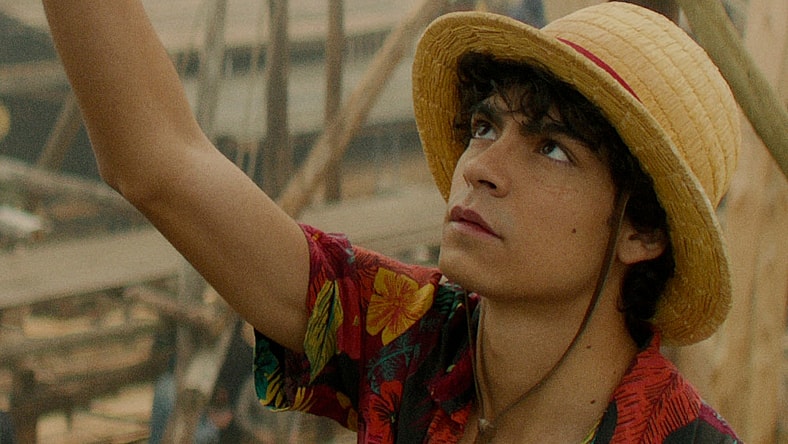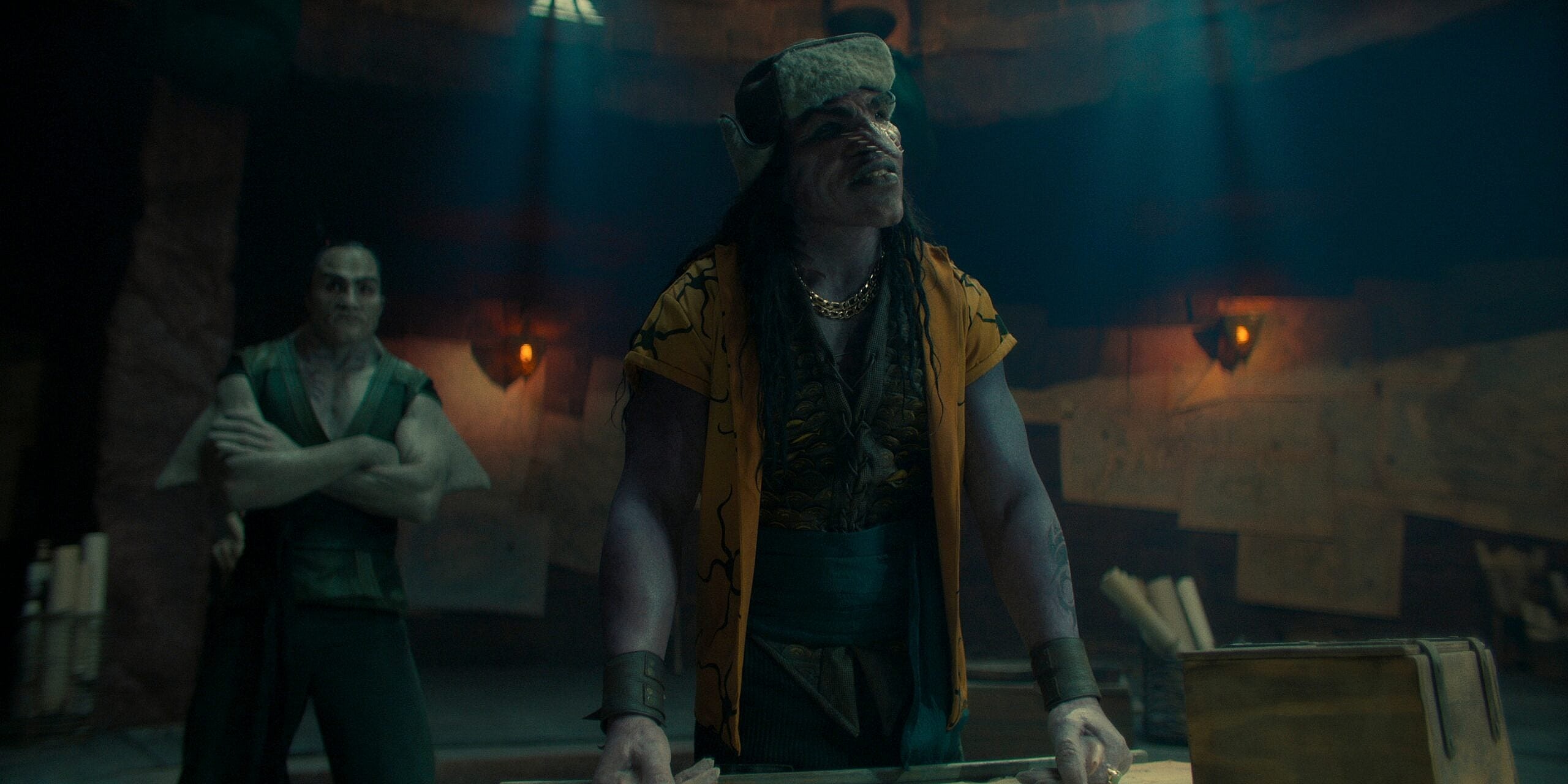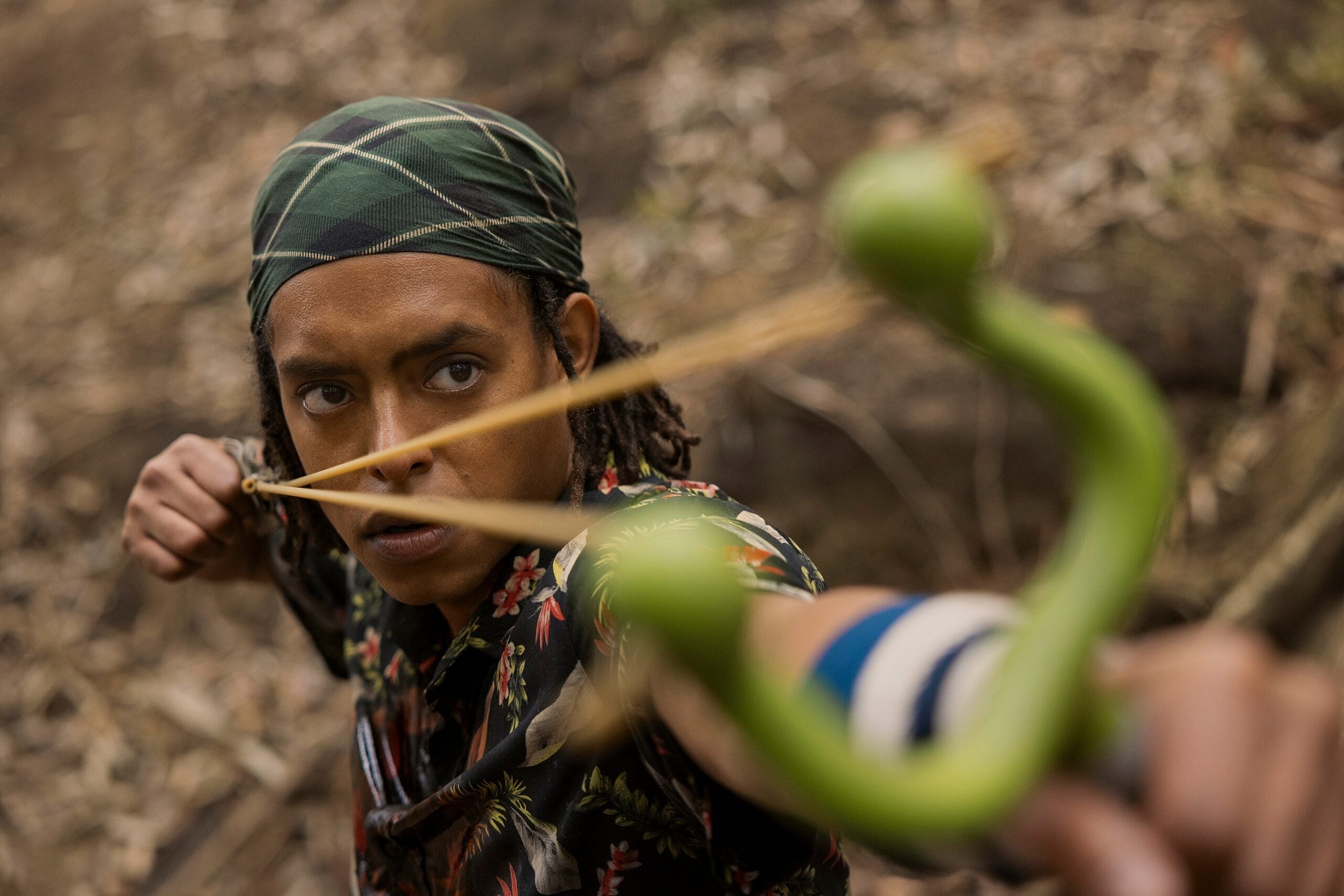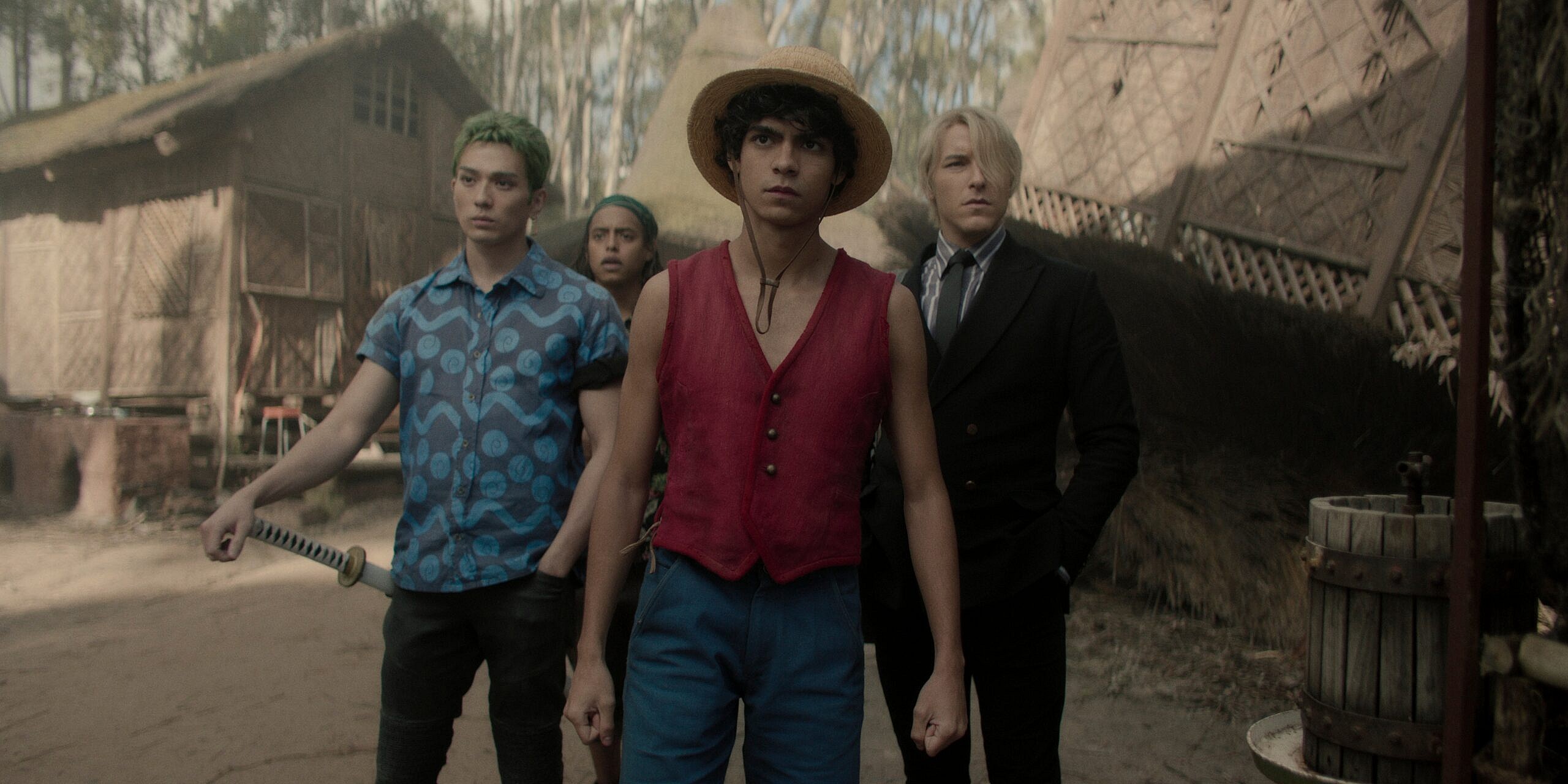Netflix’s Live-Action ‘One Piece’ Showrunner Says The Most Important Lesson He Learned From Series Creator Eiichiro Oda Was “That Getting Too Far Away From The Source Material Was Not Going To Be Good In Anyway”

In continuing what appears to be a running trend amongst those who have worked on the show, Netflix’s live-action One Piece co-showrunner Steven Maeada has revealed that thanks to working alongside the series’ original creator Eiichiro Oda in developing the series, he was able to understand “that getting too far away from the source material was not going to be good in any way.”

Maeda reflected on his time working alongside the legendary mangaka while giving an interview – which since been either deleted or hidden – to Screenrant’s Grant Hermanns in promotion of the live-action adaptation’s upcoming premiere.
Making reference to Maeda and his co-showrunner Matt Owen’s previous revelation that “anything new to the series had to be discussed very intensively” with Oda, the unknown contributor first broached the topic of the former’s collaboration with the series’ creator by asking whether or not “there is something that Oda sensei initially was not happy about, but you fought for it because you believed it was good and the show needed it, and ultimately you were able to persuade him.”

In turn, Maeda revealed, “There were a couple of things that took some persuading. And if there was something that Oda-san was really, really unhappy with, we found a way to change it. But there were some things that we tried and got into the show that initially, he was a little gun shy about.”
“One of those was [that] we’ve structurally moved a couple things up that don’t happen until much later chapters,” the showrunner went on to explain. “And one of them, for example, was bringing up Garp as a more present character in the first eight episodes; bringing in Koby, bringing Helmeppo, and having that Marine pursuit be present and on the Straw Hats’ tail almost from the get go from episode 2. It was a big change, and I thought it was something that we really needed in order to keep the stakes up and let it feel like it wasn’t just a fun adventure where we were meeting different antagonists and different villains and pirates but there was an actual kind of organized presence and fearsome presence that was behind Luffy and pursuing. That was definitely a big challenge.”

“And another one was pulling up Arlong because Arlong doesn’t really come in until the Arlong Park chapters,” he continued. “But one of the things that we were able to convince Oda-san [to do] was pulling Arlong up introducing him early, taking him to Baratie, and kind of swapping him with the Don Krieg storyline in a way to make Arlong our big bad of the first season, which I think worked very well.”
Conversely, pressed by Hermanns r if he could “share at least one idea that Oda absolutely shut down, but you wish made it into the show”, a refreshingly humble Maeada recalled, “There were definitely some things that we couldn’t do. And we were okay with most of those things.”

“For example, one of the big mandates was no changing the backstory of how someone got a Devil Fruit, and the powers of the Devil Fruit,” he once again reiterated, as he had first divulged in the series’ official press materials. “We don’t want to introduce new Devil Fruits, we don’t want to change things that are canon, we were always talking about cannon and about how to do fan service. Definitely the Devil Fruit stuff, definitely keeping backstories as pure as possible.”
“And I would say it was really a process because we did several different versions of the story before we started writing it,” the showrunner further detailed. “Certainly before we started shooting, some of which were a little further away from the manga, and some of which were much closer. We ended up I think, doing the right version of the show, which was a really nice high budget version that was very faithful to the manga without being a one to one copy. Because if you’re doing a one to one copy, then what’s the point.”

Taking note of the fact that he “must have had a fair amount of interaction with Oda,” Hermanns then asked Maeda if he could share “the most important thing that you learned from him during this project,” to which the showrunner replied, “I would say, just trying to figure out the amount of fealty and loyalty that had to be given to the manga.”
“And look, sometimes when something is adapted, it’s very, very faithful,” he told Screenrant. “And sometimes it’s a radical difference, where it’s just you take the idea, and you run with it in a completely different direction. Both types of shows can be successful. With this one, it was clear as we were talking about it, that getting too far away from the source material was not going to be good in any way.”

“Sure, there were wonderful stories that could be told that are not as close to the manga,” Maeda elaborated. “But I think that, rightfully so, the fan base would not have accepted those shows, because One Piece is such a beloved source of material. And so I really wanted to, after a lot of trial and error, honor what Oda-san wanted to do, which was to have a version of the show that we felt really good about, and that he felt really good about.”
“And so it was then a matter of lining those things up, and kind of toggling them a little left and a little right and just making sure that even if there’s something new in the show it feels genuine,” he added. “Pray to God the show feels like that because that was the intent.”

In showing further gratitude to Oda for being allowed the rare chance to adapt one of the world’s most popular anime series, when later pressed by Hermanns if he had a “funny Oda story” he could share from their time together, Maeda admitted that he was too intimidated by the mangaka’s presence to feel anything but awe towards their interactions.
“You know what, he’s a really interesting man,” he recalled. “Very challenging, very opinionated, and rightfully so. He’s a genius, and he created a wonderful, wonderful world. I’ve always said this, this is his sandbox, and we just get to play in it and it’s a privilege to do so.”
“I don’t know that there’s a funny story as much as it was always daunting to sit with him or to talk with him on Zoom because he is the creator of the world,” the showrunner ultimately concluded his thoughts on the topic. “And so it definitely felt like there was a huge responsibility that was being handed over. And I very much wanted to honor that responsibility at the same time as telling a great, great season of television.”

All eight-episodes of Netflix’s live-action One Piece are currently tracking to make landfall on August 31st.
